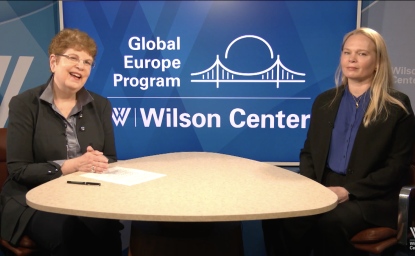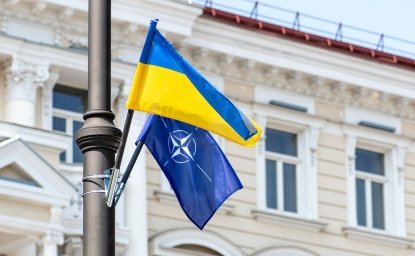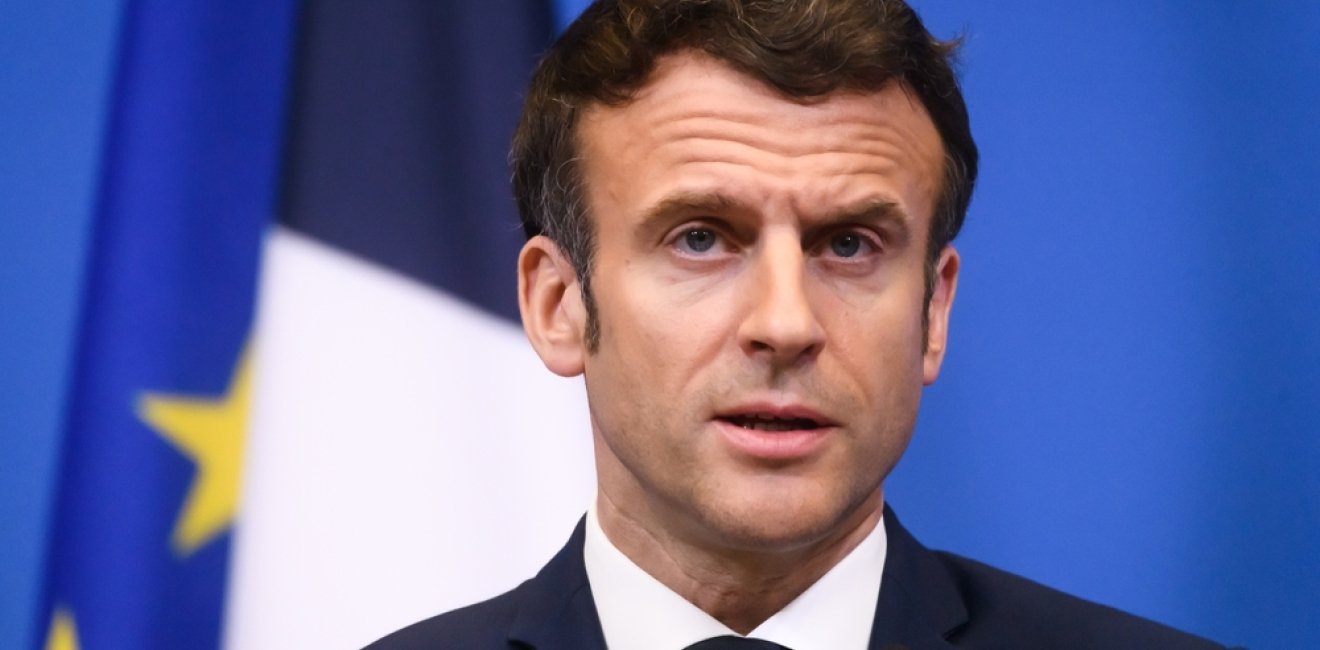Emmanuel Macron has four more years in his term. What will he be able to accomplish on both the domestic level and international stage now that he has so thoroughly antagonized a large part of the French population? Will he overcompensate for his domestic problems by engaging in foreign policy initiatives? Will he even be able to complete his term?
Macron looked like a breath of fresh air in 2017. At thirty-nine he seemed to embody youth. He defied the old guard of French politics and vanquished the candidates of the once dominant parties of the left and right. He seems virtually alone now, deserted by many political friends and by public opinion.
Like a tragic hero, Macron is a victim of hubris. It’s not that he failed to pursue his vision for a reborn France, a France at the helm of the EU and a key figure on the world stage, it’s the way he pursued it and the fact that part of his vision was not welcomed by the French people. Perhaps his concept of his own power was too vertical, too “Jupiterian.” He failed to connect to the people’s day-to-day concerns. The people responded to his attempts at domestic reform: with the gilets jaunes.
Some presidents have grand goals that can appeal to the masses. This president’s goal was too economistic. Reforms of the labor market in his first term? Yes, certainly necessary, but not at the same time as he undid the surtax on the very rich, thereby earning the epithet that has since haunted him: “president of the rich.” Raising the retirement age in his second term was unwise, especially when he failed to make the case to the public and refused to make a deal with the flexible leader of the moderate CFDT union, Laurent Berger, instead turning the CFDT’s leader into an enemy. Macron could only get his law passed by invoking Article 49:3 of the Constitution, by which a bill is deemed enacted not when it has obtained a parliamentary majority, but when the Assembly fails to pass a vote of censure against the government. It’s in the Constitution. It’s legal, to be sure, but it has been used far too often in the last few months, ten times before the retirement bill. The failure to convince the National Assembly to vote on his landmark bill made the government look weak and its days are numbered. The President now promises a “hundred days” to institute a new beginning but none of his ideas seem to rally the country. And of course, commentators do not fail to note that Napoleon’s Hundred Days ended in Waterloo.
Macron can remain in power for the rest of his mandate. But his opportunity to bring about change is severely limited by his lack of a majority in the National Assembly. Of course, he can resort to the nuclear option: dissolve Parliament and call new elections. The last time that was tried, by Jacques Chirac, it gave the majority to the opposition. The betting is that a new election this time would only benefit Marine Le Pen and her far-right Rassemblement National. Macron fears nothing more than that his legacy would be Le Pen’s election as President in 2027. Her success in new parliamentary elections would seem like a stepping-stone towards the presidency. Or, Macron can change his Prime Minister. But if he chooses a rightist like Gerald Darmanin, who is certainly seeking the job, he would lose whatever remains of his center-left support.
Of course, Macron could try to regain stature by focusing on international affairs and trying to promote his concept of European “strategic autonomy.” Macron certainly sees himself as an heir to De Gaulle, wanting Europe to play a greater role in its own defense, thereby making it into a world power. He can suggest that uncertainty over future U.S. policy justifies the need for Europe to be able to defend itself. But at a time when the U.S. is truly indispensable in defending Ukraine, when France is doing much less than many other European states, this is hardly the occasion to talk about strategic autonomy—which clearly means, among other things, distancing from the United States. On his way back from China, Macron stated that if “tensions between the two superpowers heat up…we won’t have the time nor the resources to finance our strategic autonomy and we will become vassals” and suggested that Europe should not be obliged to support the U.S. if Taiwan is invaded. These comments were not well received by other European leaders. Macron cannot talk about uniting Europe while at the same time dividing it.
Macron’s presidency is at a crossroads. Having achieved (at considerable cost) his key domestic policy initiative, will he now focus on other measures to build domestic support? Or will he focus on foreign policy to increase France’s international profile and show voters he can deliver on the world stage? The road he chooses, and who goes with him, will define his future. It will not be easy.
Author

Author "Jews, Muslims, and the French Republic" (Cambria: 2023)

Global Europe Program
The Global Europe Program is focused on Europe’s capabilities, and how it engages on critical global issues. We investigate European approaches to critical global issues. We examine Europe’s relations with Russia and Eurasia, China and the Indo-Pacific, the Middle East and Africa. Our initiatives include “Ukraine in Europe”—an examination of what it will take to make Ukraine’s European future a reality. But we also examine the role of NATO, the European Union and the OSCE, Europe’s energy security, transatlantic trade disputes, and challenges to democracy. The Global Europe Program’s staff, scholars-in-residence, and Global Fellows participate in seminars, policy study groups, and international conferences to provide analytical recommendations to policy makers and the media. Read more

Explore More
Browse Insights & Analysis
The Growing Transatlantic “Big Tech” Rift Explained

The EU's Role in the Future of European Defense


